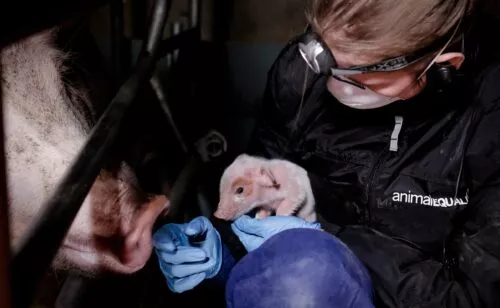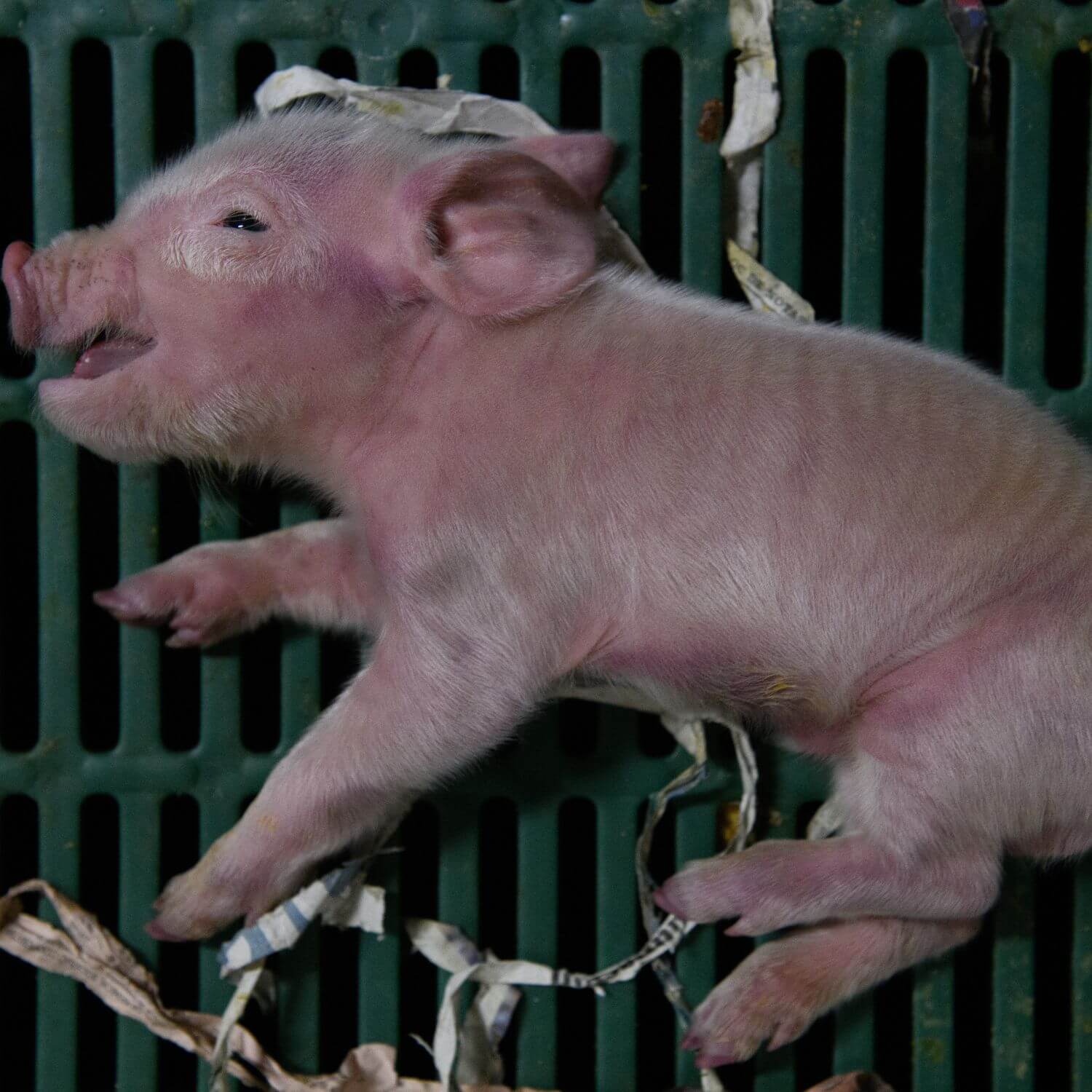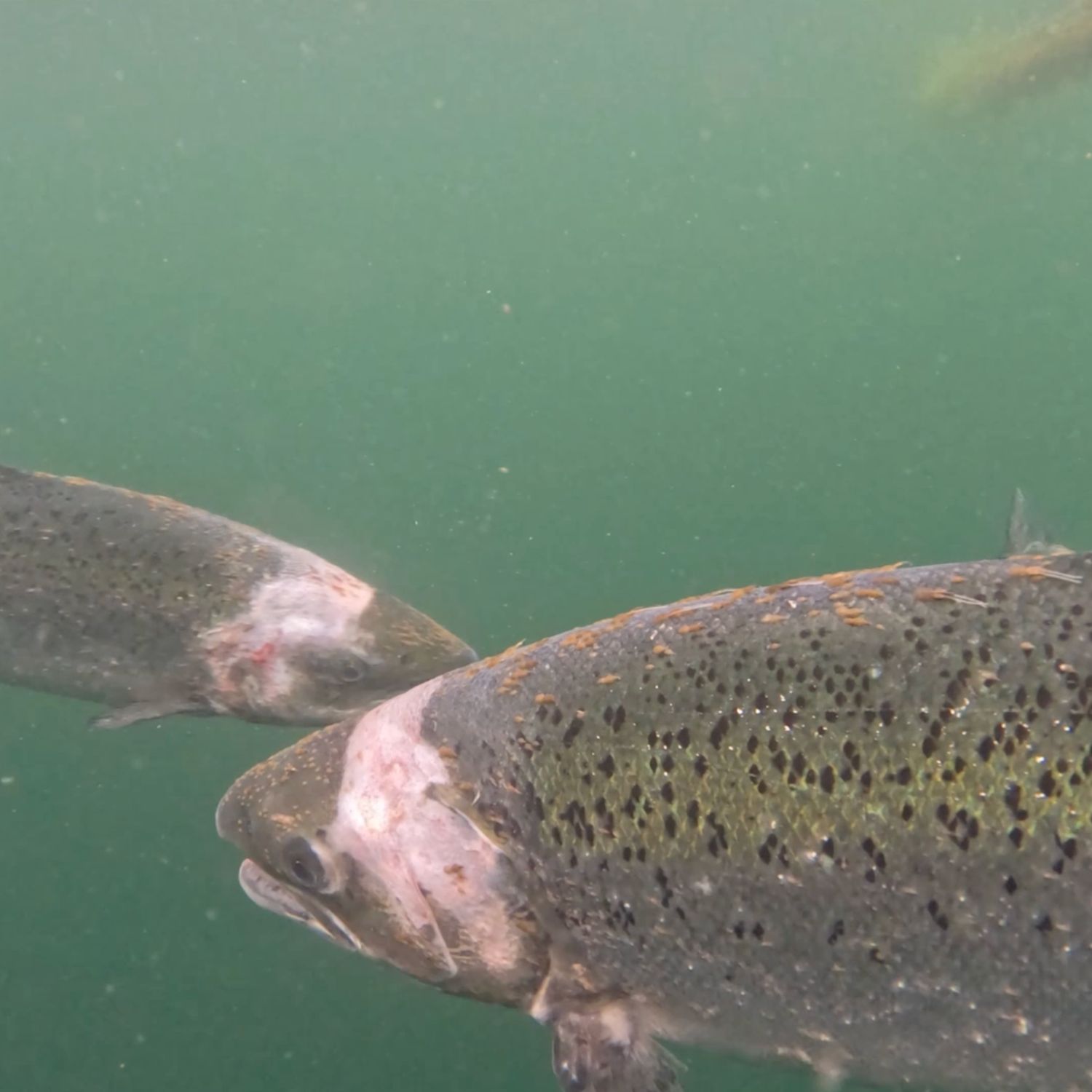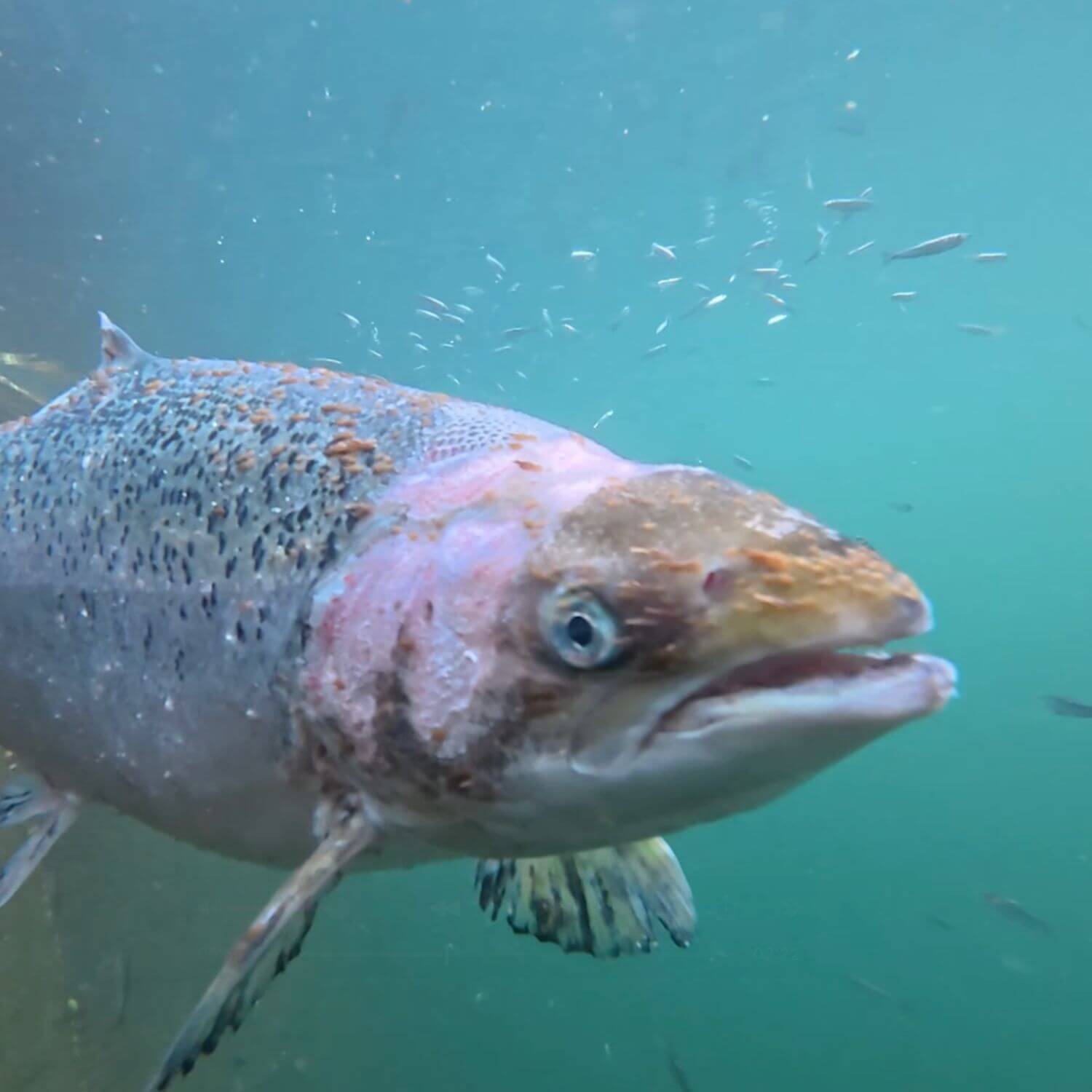Cross-party Members of Scottish Parliament slam Scottish salmon industry for ongoing failures in fiery debate
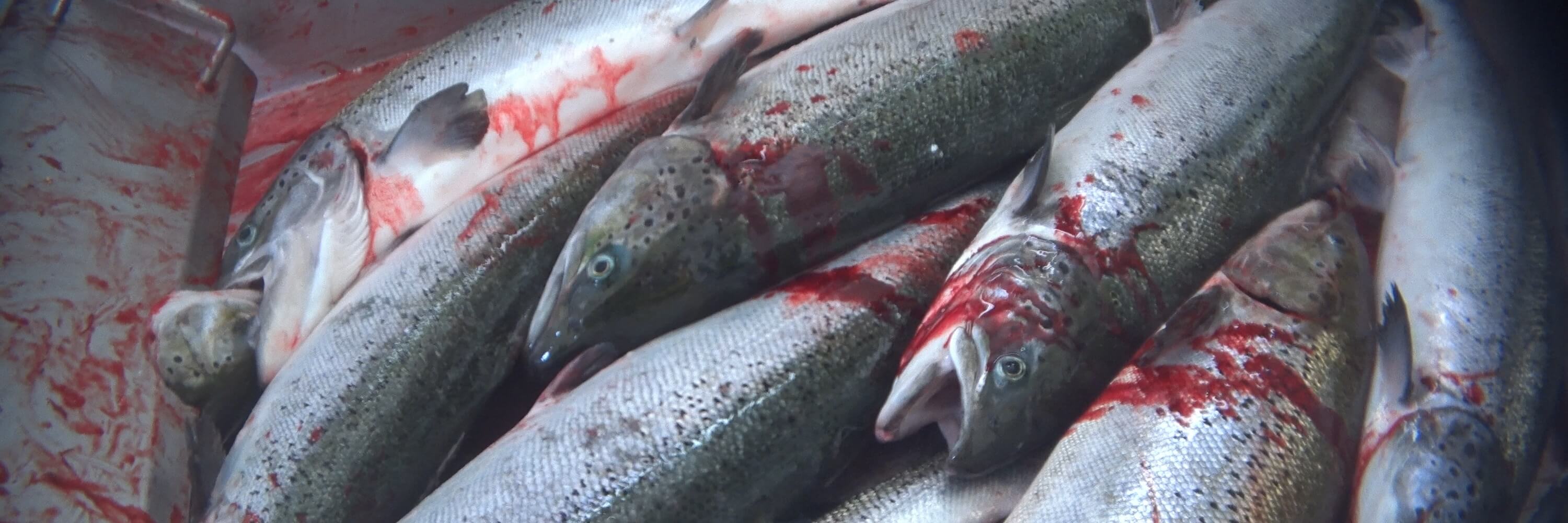
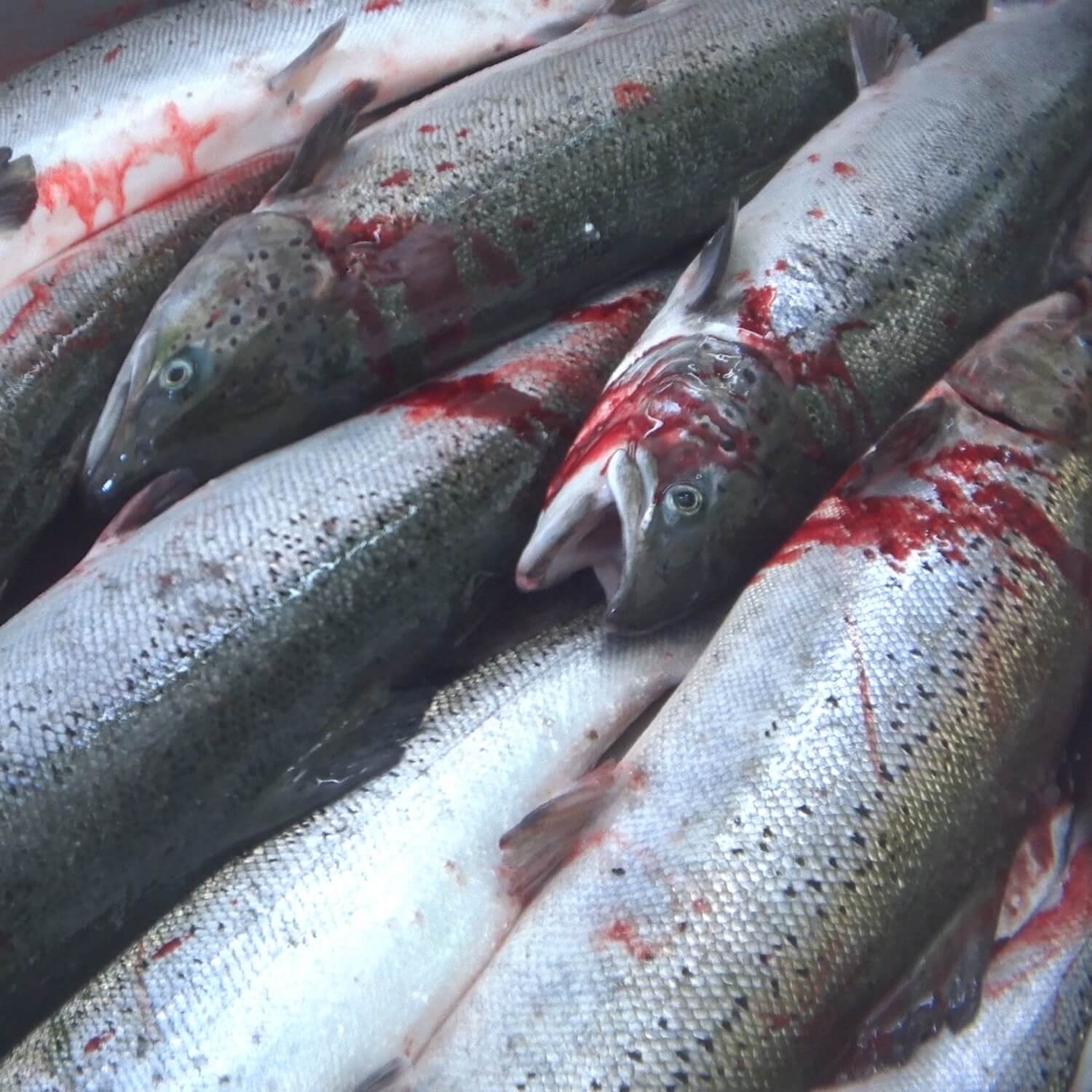
In a Scottish Parliamentary debate, Members of the Scottish Parliament (MSPs) from the Scottish National Party, Labour, Green, and Conservative parties expressed concern over the Scottish farmed salmon industry’s operations, with several supporting a proposed halt to the industry’s expansion.
Damning Committee report sparks renewed outrage
The discussion centred around a damning report recently released by the Scottish Government’s Rural Affairs and Islands (RAI) Committee following a nine-month investigation into the industry. The Committee concluded its findings by questioning the ‘long-term viability’ of the industry and called for 65 urgent recommendations to be implemented. The recommendations originated from a previous 2018 Holyrood Inquiry, where the Scottish Government’s Rural Economy and Connectivity (REC) Committee urged for urgent reform of the industry and Government’s regulatory approach, but MSPs say action has been slow. Committee Convener, Finlay Carson MSP, admitted he too “can’t help but feel a little bit dismayed” and that, in light of the lack of progress over recent years, Committee Members “did seriously consider recommending a moratorium”.
The industry and Scottish Government has been given one year to provide a measurable roadmap for actioning the 65 recommendations, but has openly rejected several, including the Committee’s call for mandatory mortality reporting.
One in four salmon dying: industry on the brink
According to the Scottish Fish Farm Production Survey for 2023, annual fish mortality rates have surged to their highest levels since 1991. Production levels have fallen to 150,000 tonnes, which is lower than levels seen over 20 years ago, and mortality rates are up to 31%. More than 17 million fish died on Scottish salmon farms in 2023, with over 10 farms reporting mortality rates exceeding 50%. Records also show that over one million fish died in the biggest mass die-off of farmed salmon in Scotland in a decade, on a farm operated by a major salmon company, Mowi. In addition, 80,000 fish escaped in what marks the biggest fish farm escape incident in Scotland in a decade.
Scottish politicians express concern
MSPs from across the political spectrum united in their concern over Scotland’s troubled salmon farming industry, with members of the Scottish Greens, Scottish National Party, Labour, and Conservatives all criticising its poor track record and lack of progress on reform.
Green MSP, Ariane Burgess delivered one a powerful speech, accusing the industry of leaving a “trail of pollution, suffering, and harm to our coastal communities” and warning that with rising sea temperatures, the industry’s “days are numbered”. She denounced the Scottish Government’s “empty words and half measures” warning that current practices risk “irreversible” environmental damage especially where farms are based on wild salmon migratory routes.
Scottish National Party MSPs, Elena Whitham and Emma Roddick echoed these concerns. Whitham called for a “hard look at where improvements need to be made to protect the welfare of fish and planet”, while Roddick argued that there is “justification for a pause on expansion”, that “doing any less would be irresponsible” and that the Scottish salmon industry is evidently “not an industry which is going to change practices unless it is forced”.
Labour MSP, Colin Smyth, a Member of the original 2018 REC Committee, echoed these sentiments, saying he was experiencing “déjà vu”. Critical of the “regulatory deficiencies”, he argued that people are “right to condemn the slow progress in improving”, since “dozens of recommendations have still not been implemented” seven years on. Continuing, he recognised Animal Equality’s work in exposing the Scottish salmon farming industry’s ongoing failures, saying that the Scottish Government has failed “to acknowledge the scale or the gravity” of the industry’s challenges and that its responses to the Committee’s recent report are “vague and non-committal”, with some recommendations being “unreasonably rejected”.
Scottish Conservative MSPs also voiced dissatisfaction. Jamie Green MSP found it “deeply disappointing” that so many recommendations remain unaddressed, while Edward Mountain cautioned that decision-makers must not be “gullible” or to “pretend not to know what’s going on”, likening the situation to the Emperor’s New Clothes. Jamie Johnston MSP, agreed, saying that “in most areas the sector still has a long way to go” and regulatory changes “have not been taken forward with the urgency called for in 2018”.
While most MSPs in the Chamber agreed, not all concurred. Scottish National Party MSP, Fergus Ewing, said some politicians were “peddling matters that are simply untrue” and were “talking Scotland down”. Directing his frustration toward the Green Party, which is openly calling for a halt to the Scottish salmon farming industry’s expansion, he said they should “prepare for the revolution over your Chablis and let the salmon farming industry continue”.
Animal advocates stand united: “an industry in freefall”
Animal Equality UK has been condemning the repeated failures of the Scottish salmon farming industry for years. Our powerful exposés have revealed fish living in unnatural, crowded conditions, suffering from lice infestations, predation, and being discarded in bins by the bucketload. We’ve also documented salmon being improperly stunned with workers leaving them to die in agony or suffocate to death on the floors of boats.
These findings reflect a wider industry in crisis. Over recent years, deaths on farms have been out of control. We’ve seen the biggest escape incident in a decade, the biggest mass die-off in a decade, and one in four fish dying on farms. The industry is lurching from one disaster to the next, with catastrophic consequences for Scotland’s reputation, animal health, and the coastal communities that are being left to pick up the pieces. Workers and local people deserve better than an industry in freefall. The next 12 months will be critical. The industry cannot continue to dismiss scrutiny and dodge accountability.
We need a clear roadmap, real enforcement, and an immediate halt on the industry’s expansion before things get even worse. The industry evidently must not be left to regulate itself, and we cannot afford another year of inaction. It’s time to put on the brakes before millions more fish suffer and die as a result of these glaring regulatory failures.
Abigail Penny, Executive Director of Animal Equality UK
It’s not just Animal Equality sounding the alarm – other animal protection organisations are also speaking out. Scottish NGO OneKind, echoed our concerns, highlighting the severe welfare impacts beyond just mortality rates:
What is the impact on their welfare of keeping a species that navigates long migrations in the wild in small, barren cages? Millions of fish are suffering in sea cages. At the very least, they deserve the same legal protections as other farmed animals.
Representative from OneKind
What comes next: less than 12 months to go
The Scottish Government now has less than 12 months to deliver a measurable roadmap for implementing the 65 recommendations, despite already rejecting several – including mandatory reporting of fish deaths. Cabinet Secretary Mairi Gougeon has committed to an update within six months (mid-2025).
With warming seas, ecological degradation, and mounting public and political pressure, the Scottish salmon industry is in a state of crisis.
Take action for fish
The most powerful thing you can do is choose plant-based alternatives to salmon. Save animals with every bite!
And add your name to our petition calling on the Scottish Government to halt the expansion of this cruel and broken industry. Every voice matters, and together, we can hold the salmon farming industry to account.


